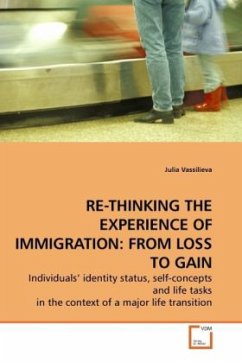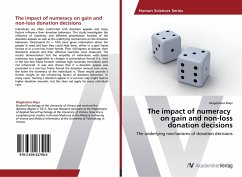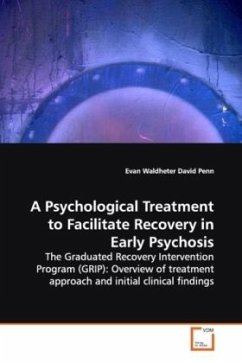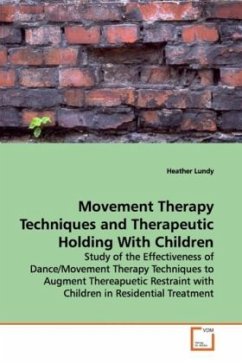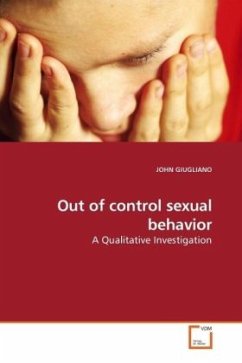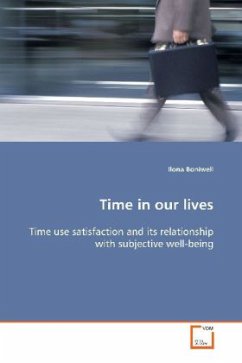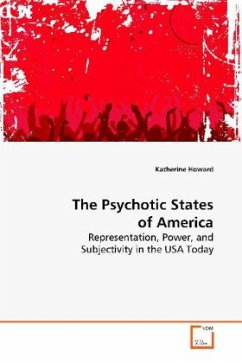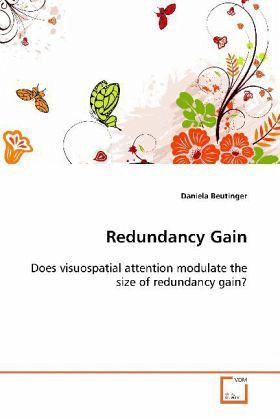
Redundancy Gain
Does visuospatial attention modulate the size of redundancy gain?
Versandkostenfrei!
Versandfertig in 6-10 Tagen
32,99 €
inkl. MwSt.

PAYBACK Punkte
16 °P sammeln!
This book includes a study in which three experiments were conducted in order to gain more information about the locus of the redundant stimulus effect (RSE). It is the first attempt to obtain this information by examining whether the RSE is dependent upon spatial attention. Several studies have indicated that focusing attention onto a location in space leads to a modulation of perceptual processing. If the RSE has a perceptual locus, then one would expect different RSEs for attended vs. unattended locations. Alternatively, one may suppose that the redundancy gain is unaffected by attention. T...
This book includes a study in which three
experiments were conducted in order to gain more
information about the locus of the redundant
stimulus effect (RSE). It is the first attempt to
obtain this information by examining whether the RSE
is dependent upon spatial attention. Several studies
have indicated that focusing attention onto a
location in space leads to a modulation of
perceptual processing. If the RSE has a perceptual
locus, then one would expect different RSEs for
attended vs. unattended locations. Alternatively,
one may suppose that the redundancy gain is
unaffected by attention. This would be evidence
against the hypothesis of a perceptual locus of the
RSE. It could be figured out that neither the effect
of redundancy on RT nor the effect on peak force
changed for attended vs. unattended locations. Thus
it appears that the speedup of RT associated with
redundant visual stimuli arises after the perceptual
processes that are affected by spatial attention.
experiments were conducted in order to gain more
information about the locus of the redundant
stimulus effect (RSE). It is the first attempt to
obtain this information by examining whether the RSE
is dependent upon spatial attention. Several studies
have indicated that focusing attention onto a
location in space leads to a modulation of
perceptual processing. If the RSE has a perceptual
locus, then one would expect different RSEs for
attended vs. unattended locations. Alternatively,
one may suppose that the redundancy gain is
unaffected by attention. This would be evidence
against the hypothesis of a perceptual locus of the
RSE. It could be figured out that neither the effect
of redundancy on RT nor the effect on peak force
changed for attended vs. unattended locations. Thus
it appears that the speedup of RT associated with
redundant visual stimuli arises after the perceptual
processes that are affected by spatial attention.



